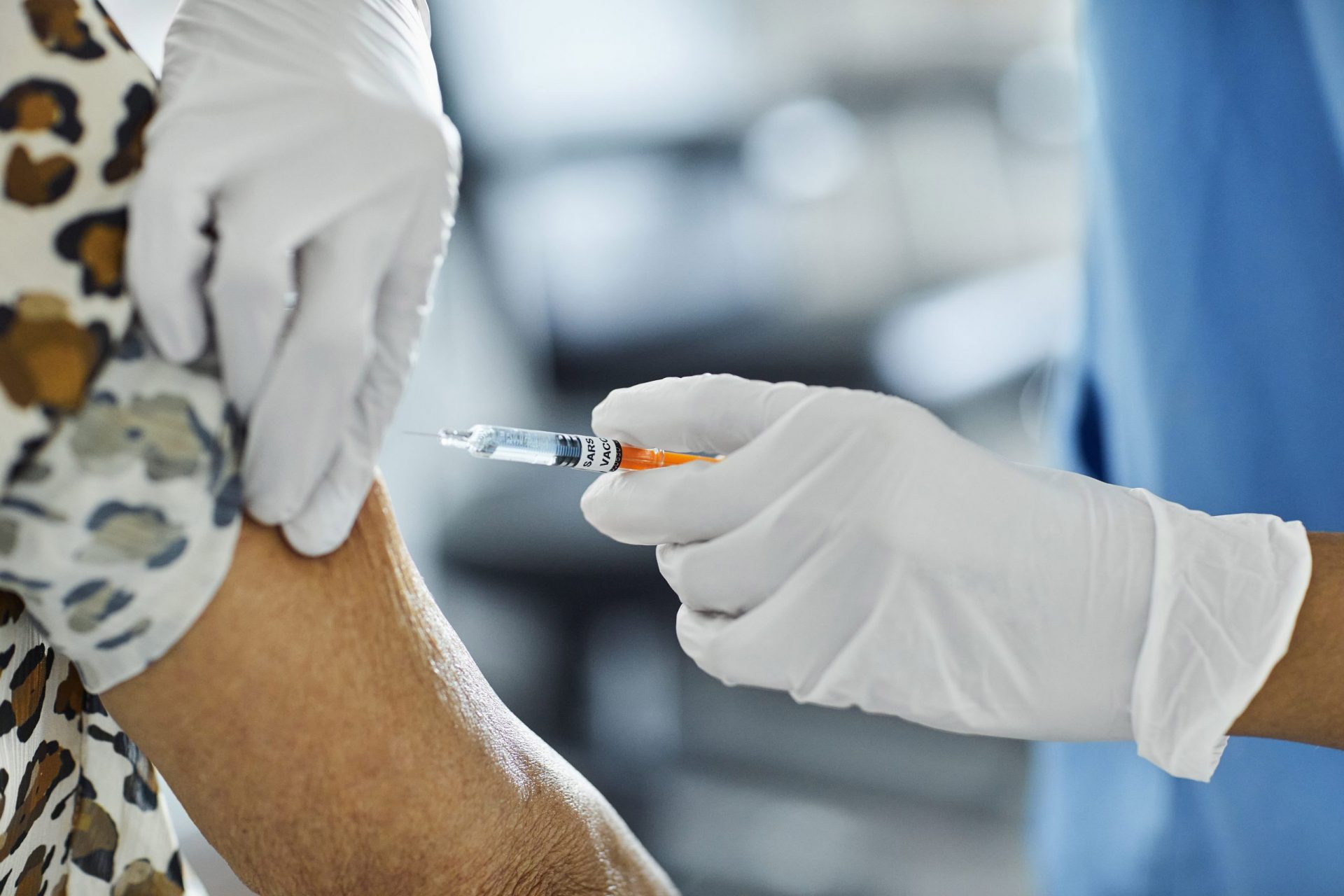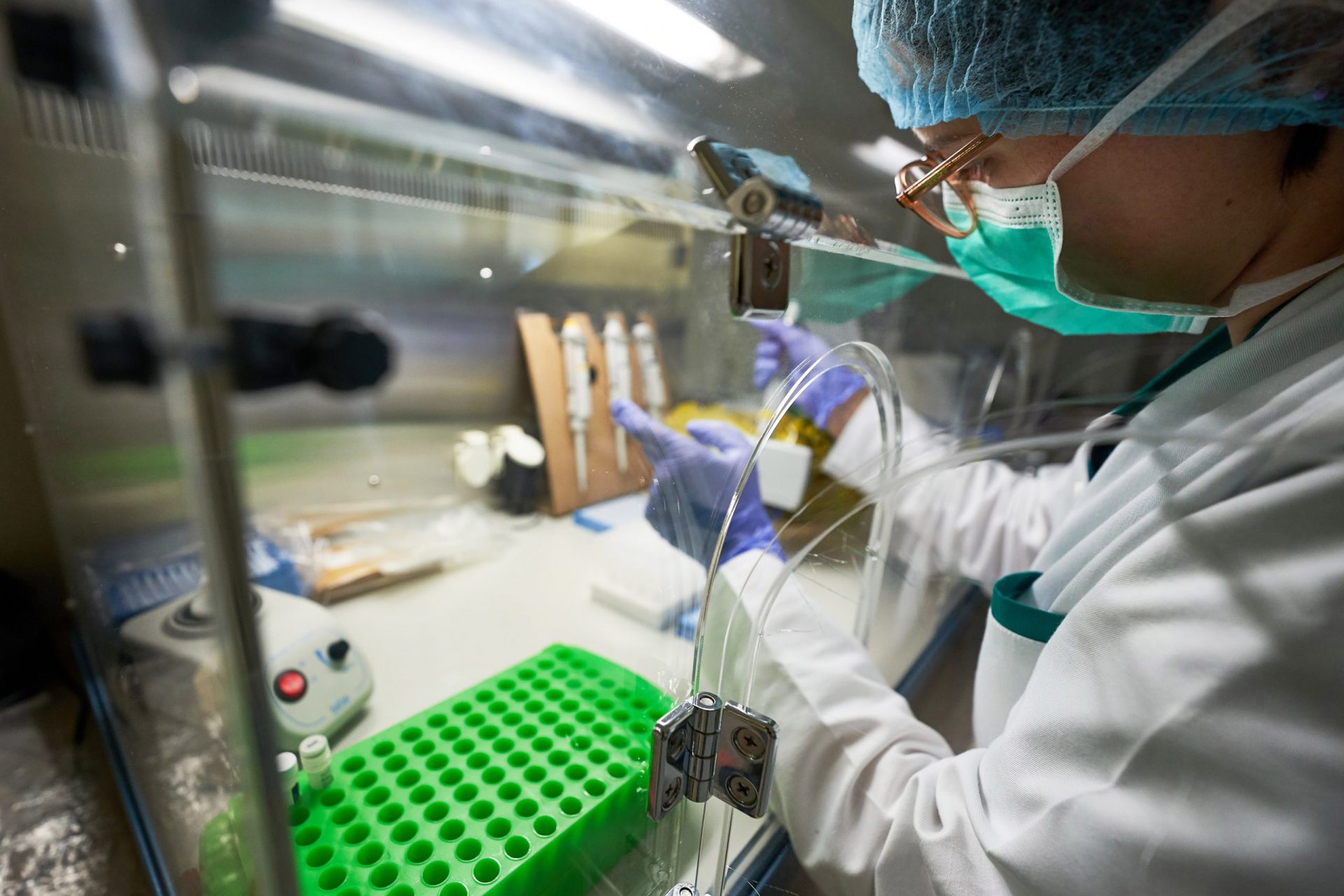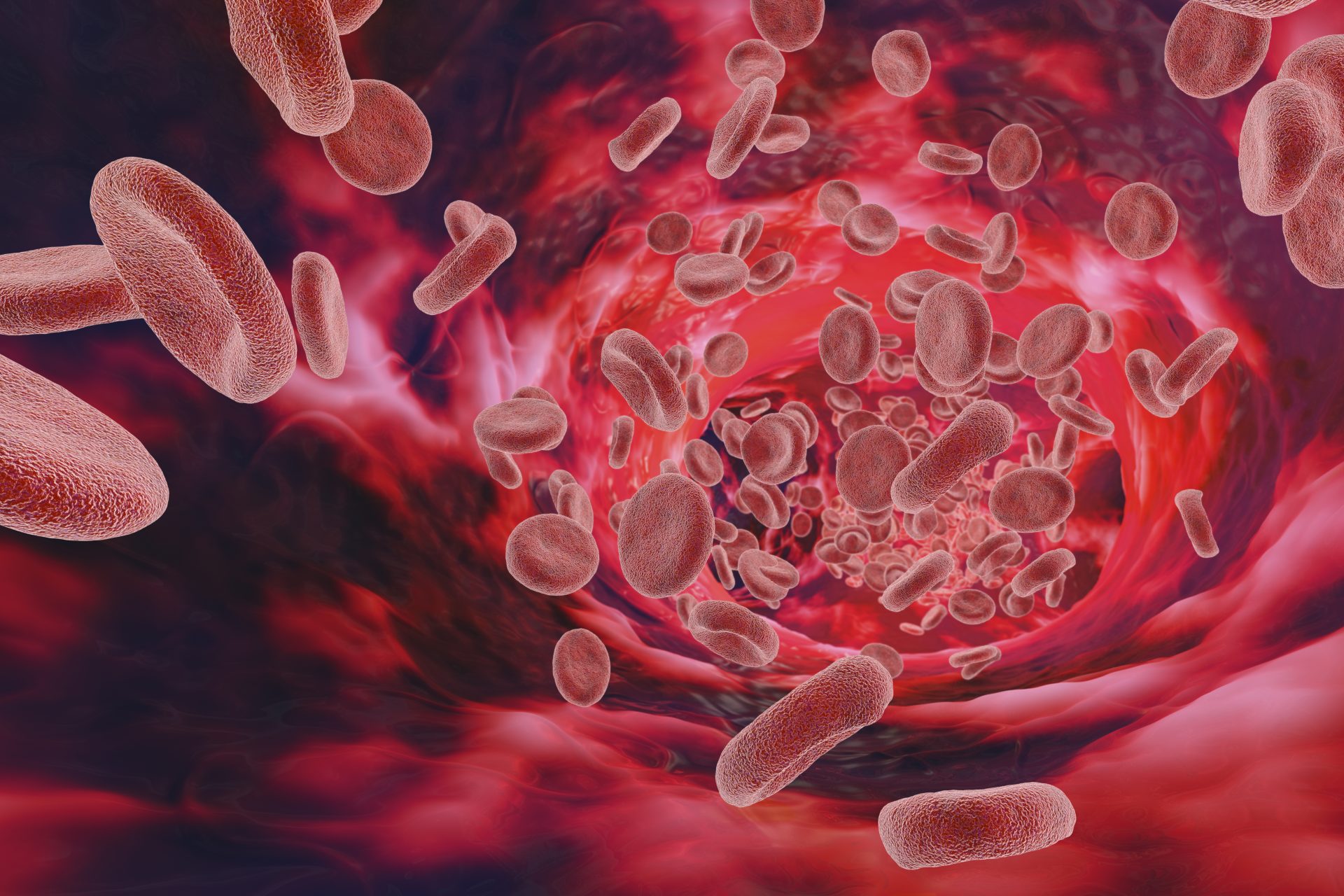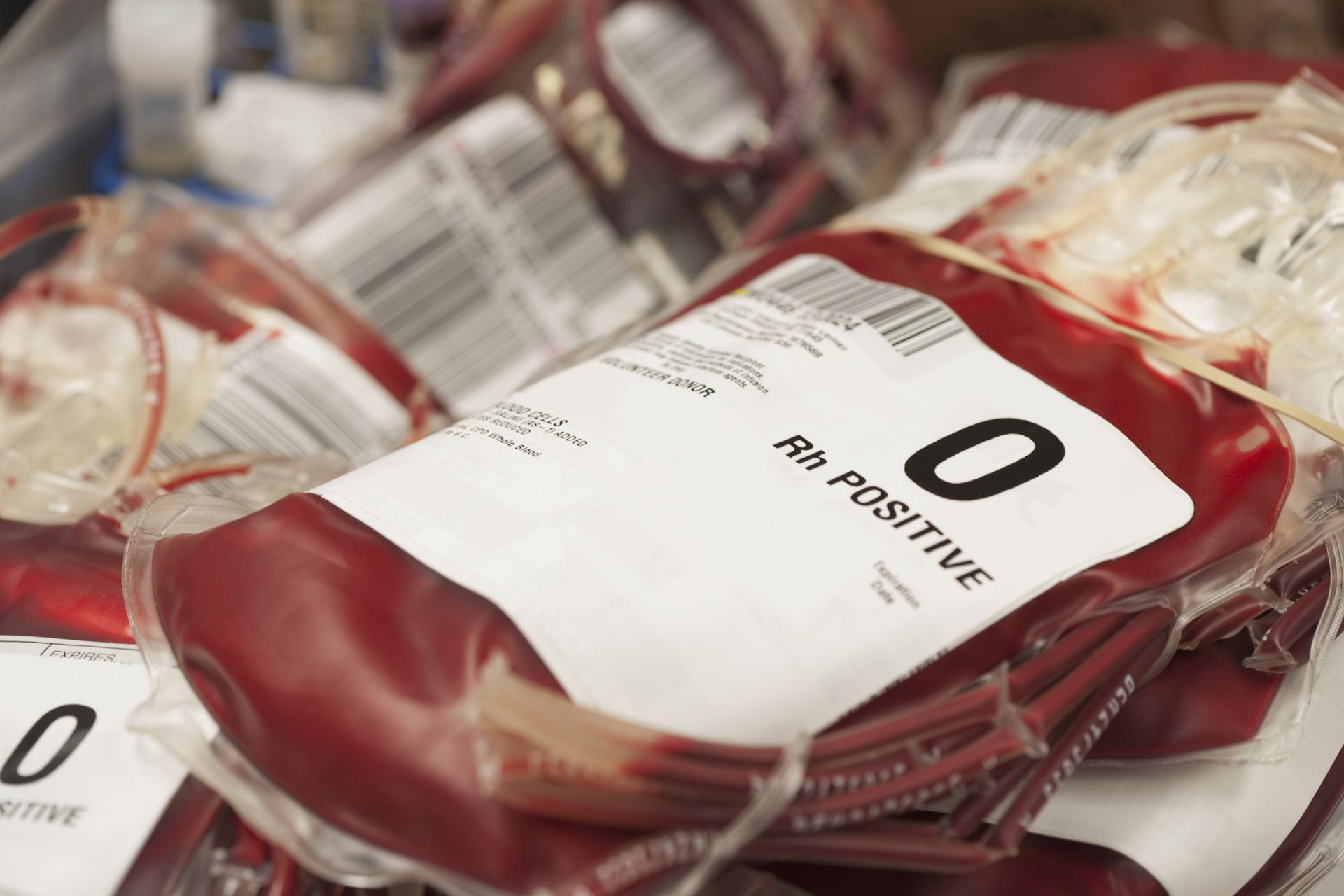Covid-19 can increase risk of heart attacks or strokes for up to three years, study finds
Covid-19 can seem like a bad memory from a somewhat distant past. However, four years after the harsh pandemic, alarming news about its consequences continues to emerge.
A recent study published by the medical journal 'Atherosclerosis, Thrombosis, and Vascular Biology' and reported by CNN suggests that patients have a significant risk of heart attacks and strikes up to three years after suffering from the disease.
The research focused on studying the medical records of around a quarter of a million people infected with the coronavirus and registered at the UK Biobank database.
The study shows that people who contracted the disease in 2020, at the height of the pandemic and before vaccines, were 50% more likely to suffer heart attacks or strokes.
In addition, these negative consequences for patients affected by the disease could last up to three years after contracting the virus.
Patients who required hospitalization were also three times as likely to suffer these episodes than those who did not contract the virus—equaling the consequences of other diseases such as diabetes or peripheral arterial disease (PAD).
The analysis compared patients who had tested positive for Covid-19 in laboratory tests to people with no history of contracting the disease during 2020.
The database included more than 11,000 people who contracted the disease in 2020, of whom nearly 3,000 required hospital care. More than 222,000 people served as the control group with no Covid-19 history.
Dr. Stanley Hazen, study author and chair of the Department of Cardiovascular and Metabolic Sciences at the Cleveland Clinic, told CNN: "One of the most interesting and surprising findings" is that "there is no sign of attenuation of that risk."
These findings were also discussed on CNN by Dr. Patricia Best, a cardiologist at the Mayo Clinic, who was surprised by the finding, as it was exclusive to Covid-19 and does not occur with other similar diseases such as the flu.
"We've known for some time that infections increase your risk of having a heart attack. So if you have the flu, if you get any kind of infection, that increases your risk of having a heart attack. (…) But it usually goes away pretty quickly after the infection," Ms. Best said.
Researchers are still unsure why Covid has such long-lasting effects, CNN said. The outlet cited previous studies that have shown the virus can infect the cells that line the walls of blood vessels.
Another of the study's authors, Dr. Hooman Allayee, a biochemistry and molecular genetics professor at the Keck School of Medicine at the University of Southern California, discussed that effect.
"Covid-19 may do something to the artery walls and the vascular system, which is sustained damage that continues to manifest itself over time," Dr. Allayee told CNN.
The study also discovered that people with a genetic risk of heart disease were not more susceptible to suffering heart attacks or strokes down the line. Still, the study found a disparity by blood type.
People with A, B, or AB blood types are at higher risk of cardiovascular disease and are more likely to contract the coronavirus than people with O blood types. Still, everyone is at risk.
The study highlights the importance of doctors knowing their patients' history with the virus and taking care of their cardiovascular health on all fronts to mitigate possible future health risks.
More for you
Top Stories






























